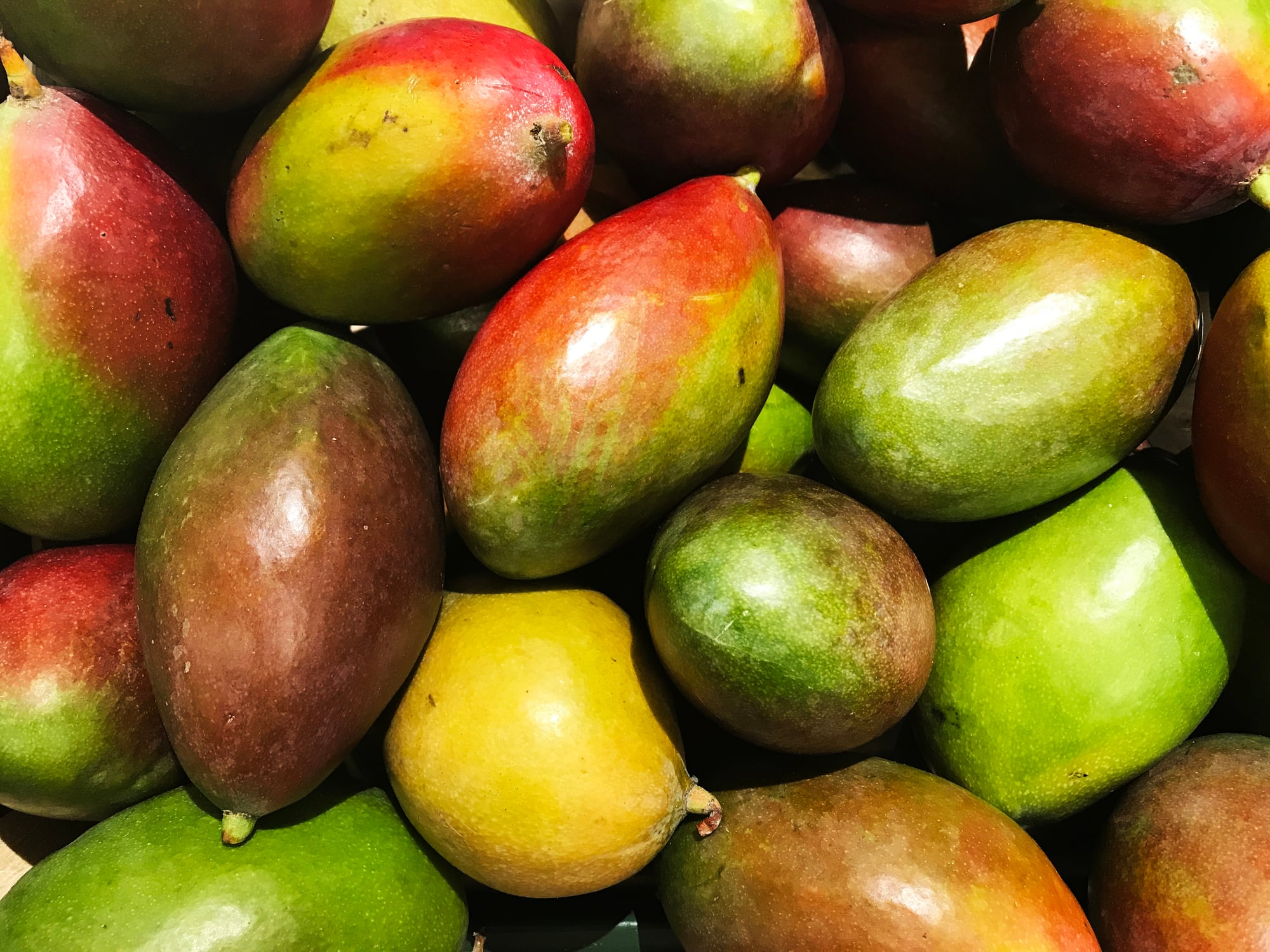The insoluble fiber has emulsifying properties that can replace up to 50% of the egg and fat in baked goods. It can also substitute sugar and pectin or gelatine in jams and jellies and can improve the texture of processed meats, all while increasing the fiber content of the final product.
“What makes it unique is its coloring properties,” said Enrique González, Genius Foods' CEO and co-founder. “Due to an enzyme reaction of the fiber, it has the property of substituting caramel color IV in products [such as] baked goods and juices.”
The ingredient is currently attracting interest from manufacturers of plant-based meat alternatives, González told FoodNavigator-LATAM.
“It is now becoming very popular in meatless meat applications because it lets you have a final product that when raw it can be reddish but when cooked it will naturally brown. This is a real challenge that manufacturers have when formulating meatless meat products.
“There are a couple of companies using Manguifer as a coloring and texture solution for meatless meat products. They are in product development final phase.”
A nutrient-dense by-product
According to Genius Foods, Mexico is currently the fifth largest producer of mango by volume, growing around two million tons, and its largest exporter globally.
While most of this is eaten fresh, around 10% of Mexico’s total production is transformed into products such as pulp, juice, dehydrated pieces or frozen pieces. Mango seeds and peel make up 50% of the volume that is processed, equivalent to around 100,000 tons each year.
Genius Foods takes this nutrient-dense by-product that is usually thrown away and upcycles it into an added-value ingredient. Colombian researchers recently showed that mango seeds have the highest antioxidant capacity of the entire fruit.
González founded the company - previously known as Eat Limmo - in 2013 in Monterrey, Mexico’s business and industrial center. Manguifer is the company’s flagship product but it has since expanded its range and now has over 10 products in its portfolio of functional ingredients that act as natural preservatives, emulsifiers and texturizers.
“We are really excited about Manguifer because it was the first ingredient we developed and also one of the most challenging because of its logistics and novelty to the market,” González said.
“We changed our name to Genius Foods because it better describes what we do in two words. Our expertise is to look alternative sources to produce food ingredients in the space of fibers, plant proteins and botanicals to improve the quality of processed foods worldwide.”
The entrepreneur said the company will focus on increasing its exports to North America in 2020 and plans to launch at least one new product.
Waste not, want not
Genius Foods is not the only Latin American start-up turning food waste into a business proposition.
Ecuadorian start-up Takay, for instance, uses fruit that has been rejected by buyers for aesthetic reasons to create its healthy, ready-to-blend smoothie and ice cream mixes. Ecuador is one of the world’s biggest exporters of tropical fruit but around 25% of its production is lost or wasted before reaching global markets for cosmetic reasons.
Chilean company Valnux, meanwhile, transforms walnut shells into a biodegradable plastic.

